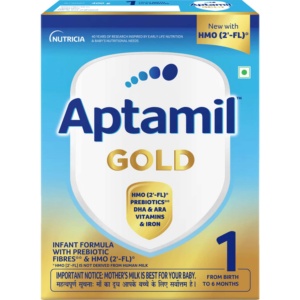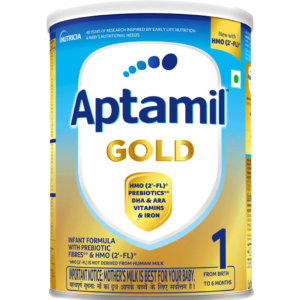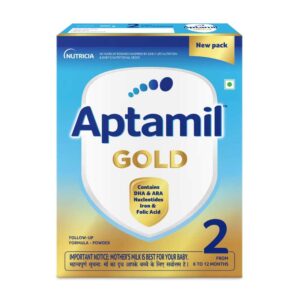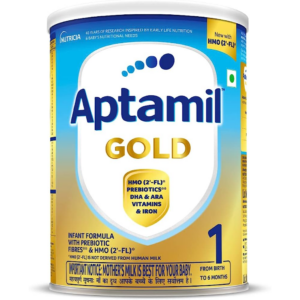FOLIC ACID + IRON + DHA
Folic Acid: Drug: Folic Acid
Use: Folic Acid is a synthetic form of the B-vitamin folate, and it is used to treat or prevent certain types of anemia caused by a deficiency of folic acid. It is also used in the treatment of methotrexate toxicity and for women who are pregnant or planning to become pregnant to help prevent birth defects such as neural tube defects.
Mechanism of Action: Folic Acid plays a crucial role in the synthesis of DNA, RNA, and proteins. It is essential for the growth and development of cells and tissues. Folic Acid is converted into its active form, tetrahydrofolate (THF), in the body. THF acts as a coenzyme in various metabolic reactions involving the transfer of single carbon units. This is important for the synthesis of nucleic acids and amino acids, which are critical for cell division and growth.
Dose: The recommended dose of Folic Acid varies depending on the individual’s age, condition, and the reason for taking it. For the treatment of anemia, the typical dose is 1 mg (1000 mcg) per day. In pregnancy, the recommended dose is usually higher, around 0.4 mg (400 mcg) to 0.8 mg (800 mcg) daily.
Side Effects: Folic Acid is generally well-tolerated and has few side effects. However, some individuals may experience mild side effects such as nausea, bloating, gas, or a bitter taste in the mouth. These side effects are usually temporary and resolve on their own. Allergic reactions to Folic Acid are rare but can occur. If any severe allergic reactions are experienced, such as rash, itching, swelling, severe dizziness, or difficulty breathing, immediate medical attention should be sought.
It is important to consult with a healthcare professional before starting or changing the dosage of Folic Acid, especially for pregnant women or individuals with underlying medical conditions or taking other medications.
Iron: Drug: Iron
Use: Iron is a mineral that is essential for the formation of hemoglobin, a protein responsible for carrying oxygen to all parts of the body. Iron supplements are commonly prescribed to treat iron deficiency anemia, a condition characterized by low levels of iron in the blood. Iron may also be used in cases of iron deficiency due to chronic diseases or when dietary intake is insufficient.
Mechanism of action: Iron works by aiding in the production of hemoglobin and red blood cells. It is absorbed by the small intestine and transported to the bone marrow, where it is incorporated into hemoglobin. This increases the oxygen-carrying capacity of the blood and improves overall tissue oxygenation.
Dose: The dose of iron supplements can vary depending on the severity of the deficiency and the individual patient’s needs. Commonly prescribed iron supplements contain approximately 60 to 65 mg of elemental iron. It is usually recommended to take iron supplements on an empty stomach to enhance absorption, but this can cause gastrointestinal side effects and is not well-tolerated by some individuals. Therefore, it is often suggested to take iron supplements with food to reduce the likelihood of stomach upset.
Side effects: Iron supplements can cause several side effects, although they are generally well-tolerated. Common side effects include constipation, stomach upset, nausea, vomiting, and dark-colored stools. In some cases, iron supplements may cause diarrhea or black stools, which are harmless but can be alarming. Iron supplements should be used with caution in individuals with gastrointestinal disorders, such as peptic ulcers or inflammatory bowel disease, as they may exacerbate these conditions. Iron can also cause allergic reactions in some individuals, which may result in rash, itching, swelling, or difficulty breathing. It is important to consult a healthcare professional if any adverse effects occur.
Dha: Dha, also known as Docosahexaenoic acid, is an omega-3 fatty acid that is essential for the growth and development of the brain and eyes. It is found naturally in fish oil and certain types of algae. Dha is commonly taken as a dietary supplement or included in infant formulas.
The primary use of Dha is in promoting healthy brain and eye development, particularly in infants and young children. It plays a crucial role in maintaining the structure and function of cell membranes in the brain and retina. Adequate Dha intake has been associated with improved cognitive function, learning ability, and visual acuity.
The recommended dose of Dha varies depending on age and individual needs. For infants and children, it is often included in specialized formula milk. For adults, the typical dosage range is between 250-500 mg per day. It is important to read the product label and consult a healthcare professional for the appropriate dosage.
Side effects of Dha are generally rare and mild. Some individuals may experience a fishy aftertaste or gastrointestinal issues such as diarrhea and indigestion. It is advised to take Dha supplements with meals to reduce the likelihood of digestive problems. In rare cases, allergic reactions and bleeding disorders have been reported, although these are extremely uncommon.
Dha is generally well-tolerated and considered safe for most individuals. However, it is important to consult a healthcare professional before starting any new supplement, especially for those with pre-existing medical conditions or taking other medications.





